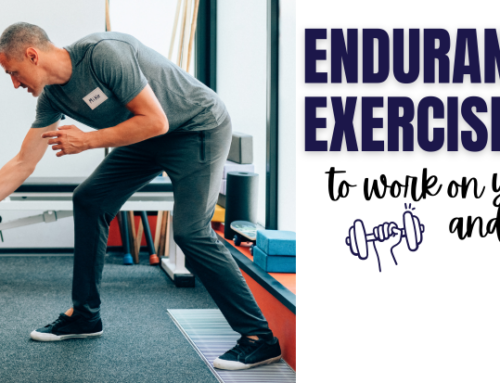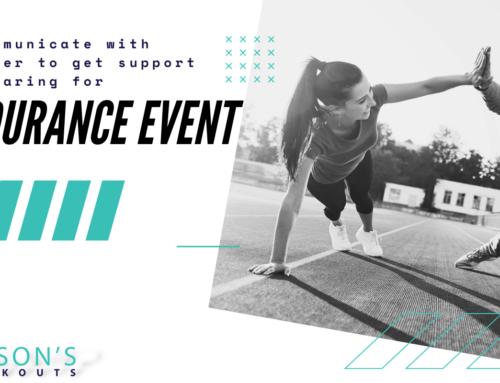 When I started running I had no idea what a piriformis was. When I did my Personal Training qualification I remember learning what it did and where it was, but also thinking it looked so small and insignificant. It really got skipped in my mind for bigger, cooler muscles like the glutes, hamstrings and quadriceps.
When I started running I had no idea what a piriformis was. When I did my Personal Training qualification I remember learning what it did and where it was, but also thinking it looked so small and insignificant. It really got skipped in my mind for bigger, cooler muscles like the glutes, hamstrings and quadriceps.
Skip on a few years and suddenly I find out its importance in my studies and I am coming across more runners who tell me about “the problem with my piriformis”. So what the hell is it and why does it cause problems?
So the piriformis is a muscle, one of the muscles that attaches the pelvis to the leg. It works when you rotate the leg away from the pelvis. When your hip is bent past 90 it rotates the leg towards the pelvis and when you pelvis is flexed it brings your leg out to the side.
Why can it become a problem? Our bodies are designed to be hunters and gatherers and in western life we spend a lot of time sitting. This can cause the piriformis muscle (and potentially other muscles) to spasm. What is muscle spasm? A muscle will spasm to protect the body from completing full movement. Normally it would be temporary and the spasm would release again. However when we stay in the same position for a long time or repeat the same movement over and over again the muscle becomes fibrotic, meaning it can not not contract and relax properly. This causes other muscles to be overworked and the joints to become vulnerable, sometimes leading to injury and also causing problems with performance in sport.
Injuries from this happening to the piriformis can show up as a pain in the butt but also give pain in the back, knee and there is even a connection to the shoulder.
By allowing the piriformis to move as it should we can prevent pain and help you improve your efficiency in sport.
If you find this interesting and are curious to find out how your piriformis is moving, feel welcome to get in touch!
Author: Lorna Wilson
Like what you see? Then send me a message or e-mail. We can meet up for a chat and find out how I can help you improve your training and help reduce injury risk.
06 460 377 74 / lorna@wilsonsworkouts.nl




